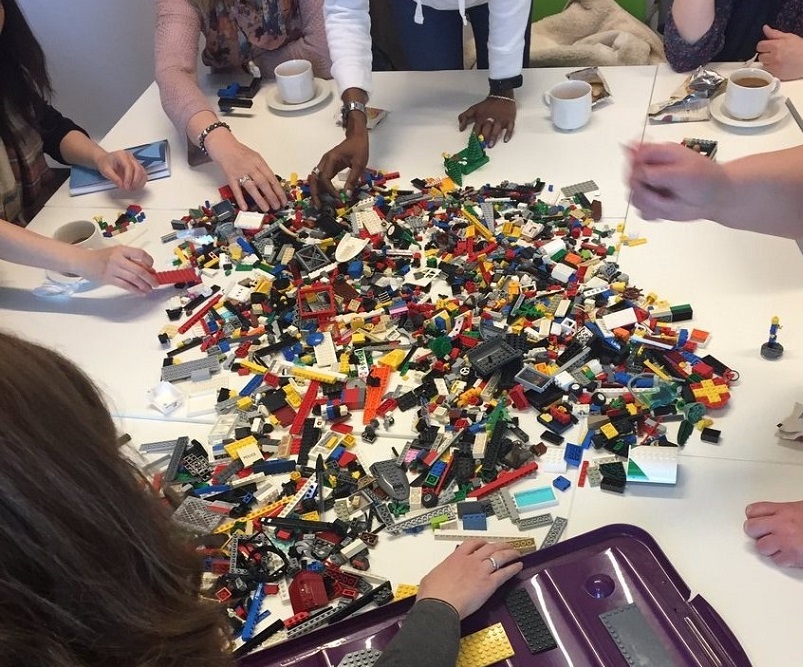Identifying the building blocks of effective collaborative practice and cross-sector working for arts and cultural organisations on the frontline.

Research under the Cultural Value and Public Policy research theme at the Institute of Cultural Capital sought to examine the characteristics of effective cross-sector collaborative work as a condition of positive outcomes and the generation of social value for collaborating services and organisations. This included the use of communities of practice as a conceptual framework, helping to understand for example how new cross-sector communities of (professional) practice emerge and mature in the arts and health field.
Projects also evidenced the importance of collaborative leadership, including for example evaluation of the national Arts Council England-funded Libraries Development Initiative in 2013, which supported a range of pilot projects designed to encourage sustainable collaborative working between pubic library services and commercial, public and third sector organisations.
At a strategic level, the Art of Social Prescribing project, funded by the Arts and Humanities Research Council 2014-15, was designed to inform the future development of clinical commissioning policy on arts and cultural interventions in mental health care. More specifically, the project examined the decision-making processes behind arts-based social prescribing, and its professional efficacy in mental health care contexts. The research team included Kerry Wilson (Principal Investigator) and Gayle Whelan of the Institute of Cultural Capital; and Professor Rhiannon Corcoran (Co-investigator) of the Heseltine Institute of Public Policy and Practice.
The project was driven by an increased focus on social determinants of mental health; preventive non-clinical measures through joint strategic planning; and a shared desire for a more proactive, positivist promotion of mental health and wellbeing. Social prescribing provides a means for enabling primary care services to refer patients and service users with social, emotional or practical needs to a range of local, non-clinical services, often provided by the voluntary and community sector. Such non-clinical approaches were gaining added resonance within mental health care due to their proactive, preventive qualities, and the opportunities created to provide strategically ‘joined up’ services across a range of cross-sector organisations.
Further reading
Evaluation of Arts Council England’s Libraries Development Initiative (2013)
Collaborative Leadership in Public Library Service Development (2018)
The Art of Social Prescribing: Informing Policy on Creative Interventions in Mental Health Care (2015)
Social Prescribing and the Cultural Determinants of Wellbeing in the UK (2015)
Better Together: Museums, Health Care and Collaborative Advantage (2016)